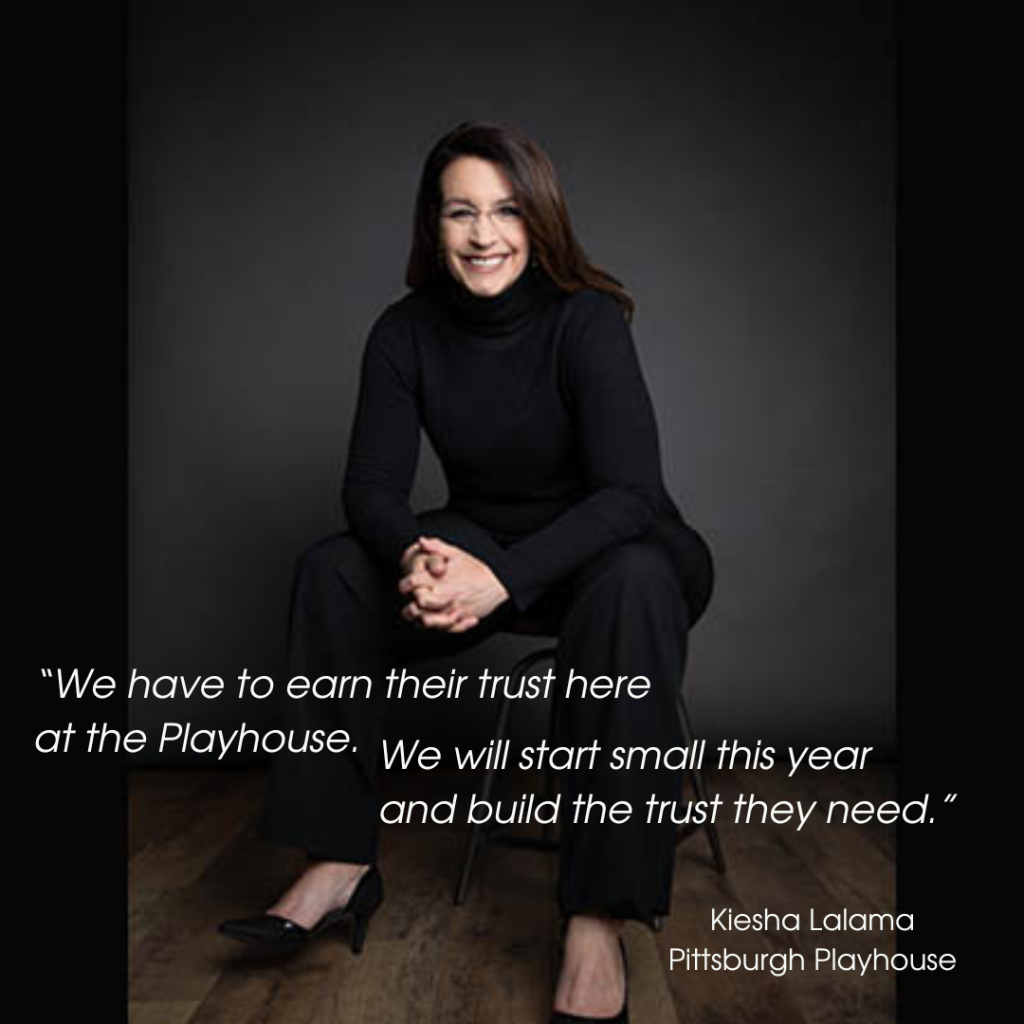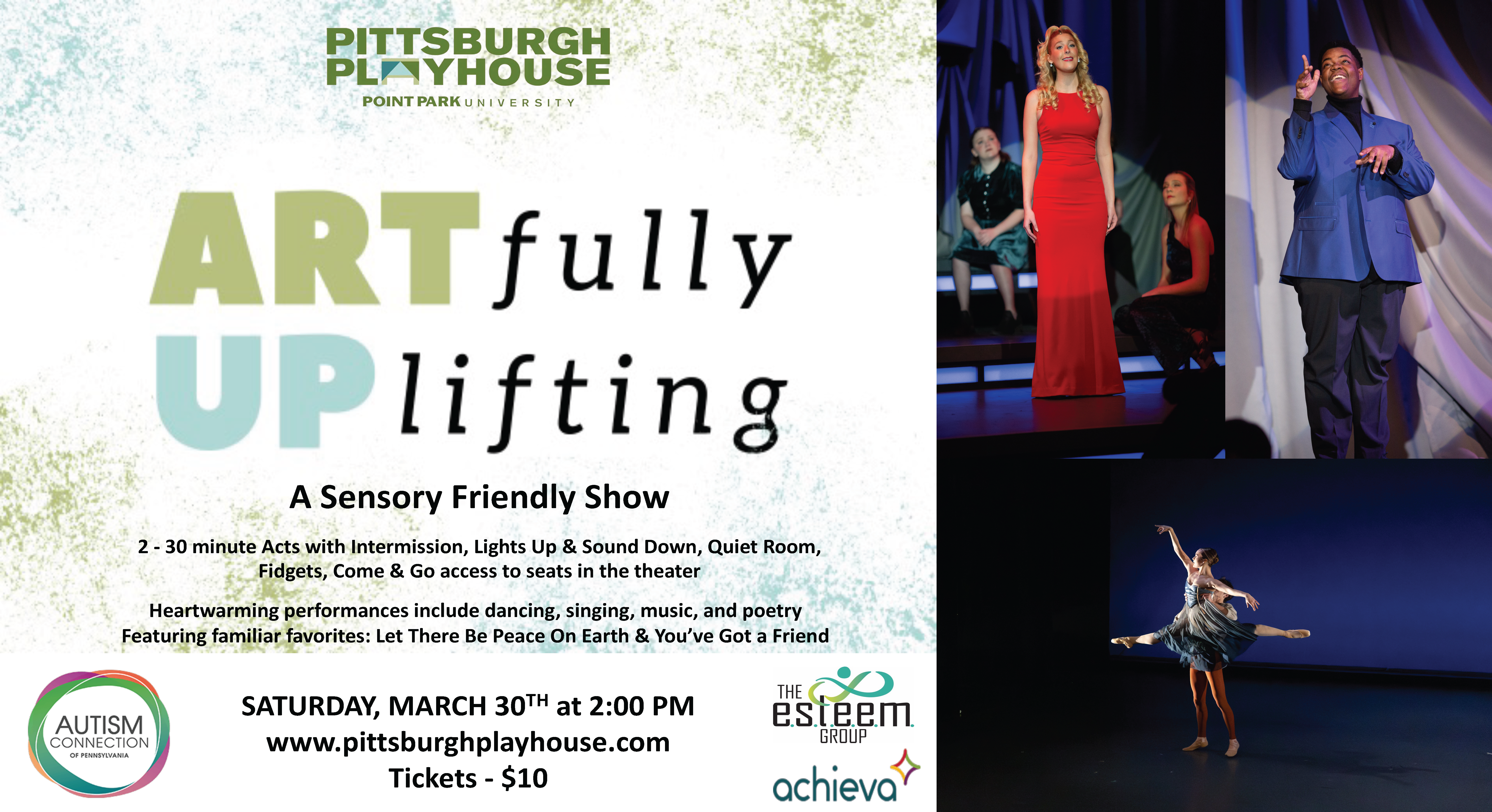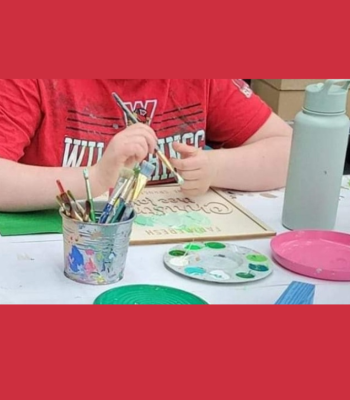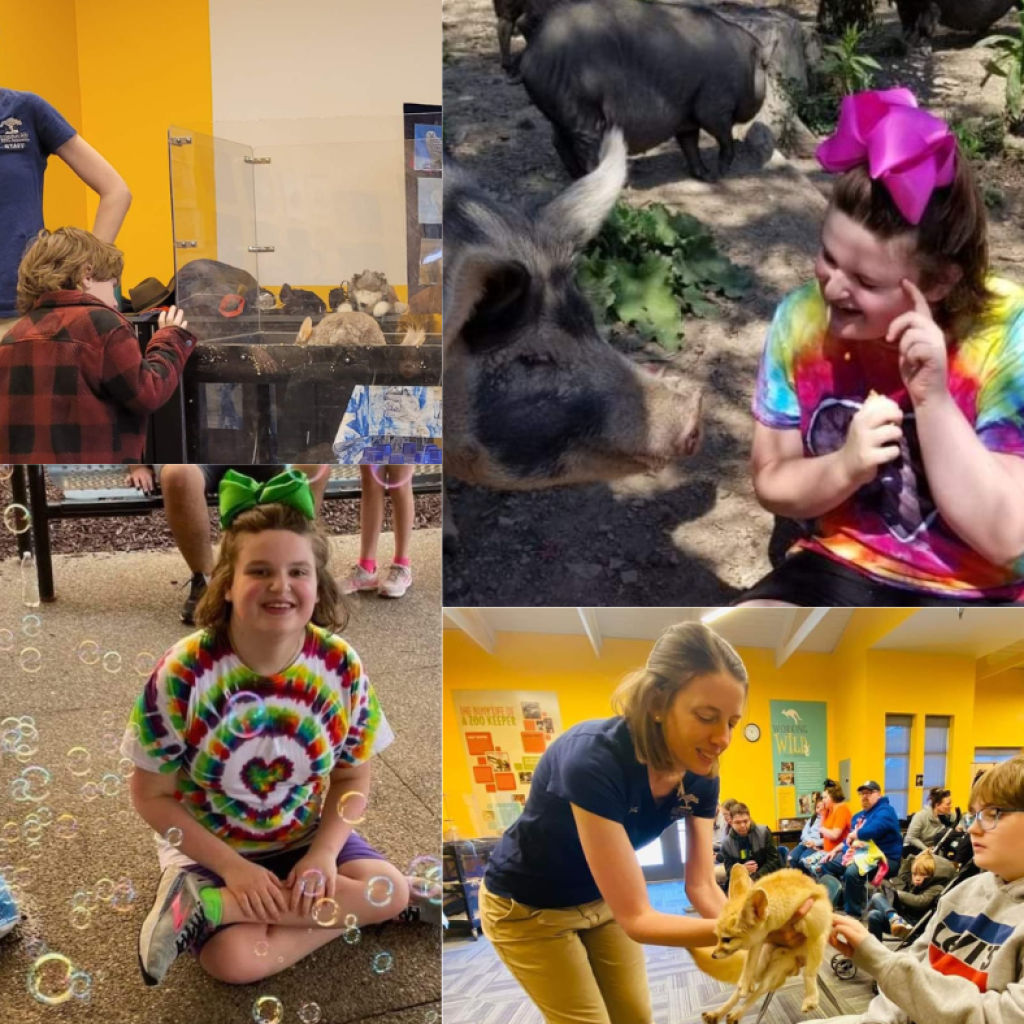Virtual support group meeting for adults diagnosed on the autism spectrum later in life. This meeting is open to people who believe they are autistic, and don’t know where to turn for help.
email [email protected] for Zoom link.
Virtual support group meeting for adults diagnosed on the autism spectrum later in life. This meeting is open to people who believe they are autistic, and don’t know where to turn for help.
email [email protected] for Zoom link.
Hope. Acceptance. Inclusion.
Each word beautiful, and each word a fundamental building block in the innovative production, ARTfully UPlifting at the Pittsburgh Playhouse at Point Park University. The producer, Kiesha Lalama, offers years of experience, as she worked to implement the first sensory friendly performance of A Musical Christmas Carol.

ARTfully UPlifting is unique because it brings together a variety of art forms into one production, and each act is relatively short, ranging from 90 seconds to 2 minutes in length. All in all, the show will feature “something for everyone, and most importantly, anyone.” This production is the first of its kind, and there’s something appealing about attending a show that gives us all a little space to experiment, explore, and practice.

Families and friends are welcome and encouraged to bring snacks, and comfort items (fidgets, weighted blanket, toys, or transitional objects), and there will be a relaxation room next to the lobby if anyone needs to take a break. The atmosphere is relaxed, with come and go seating.
For information about accessibility please visit the Pittsburgh Playhouse Accessibility page.
ARTfully UPlifting will take place Saturday, March 30th at 2:00pm at the PNC Theater. Visit the Pittsburgh Playhouse website for details and ticket information.
Autism Connection of Pennsylvania thanks Kiesha and the Pittsburgh Playhouse for all the work and dedication committed to ARTfully UPlifting built upon hope, acceptance, and inclusion.
The 2024 schedule will go to meeting monthly on the 3rd Thursday from 6 – 8 p.m.
The next meeting is on Thursday, March 21.
Contact Melissa Skiffen, Disability & Family Support Advocate, [email protected] or 724.837.8159 x114 with any questions.
or dial:
(US) +1 304.908.9025
PIN: 199 210 961#
Sensory-friendly, inclusive events have become increasingly popular, and in an effort to ensure that all – and we mean all – families feel safe and welcome, we reached out to Astrid Arroyo who often attends events with her son to find out what works for her family. We also spoke with people who choose to stay home to find out why.
Families who have children with complex needs often reach out to Autism Connection looking for resources and support. We noticed that many shy away from large scale sensory friendly events, so we started asking why. One parent shared sensory friendly events aren’t for her teenage son. “They may be inclusive once you’re inside, but really, we just can’t do it. Many people don’t understand the risk going into a busy city really is. Safety is a concern we have to take very seriously.”
Other families share similar barriers:
We have to ensure that venues are safe, that staff and volunteers are well trained, accepting and prepared, and that all behaviors are truly welcomed. Smaller, shorter activities may be more appropriate for some families, and not everyone is equipped for long outings. Also, hosts may consider that it can take hours for some families to prepare to leave the house, so scheduling an event in the morning simply won’t work them.
When you see Astrid Arroyo, you’re likely to see her son, Kai, active, in the community, and included. We asked her what works for her family.
“For me, the accessibility of the venue and parking are always the main concern. This is the reason I tend to attend events that are outdoors, or in a venue that has outdoor space, and their own parking, or close accessible parking spaces.
We make it work because Kai drives us to it. Kai doesn’t like to stay home at all. He likes to be out surrounded by people, specifically people that are not us. So, I look for as many events as I can that I know he will enjoy, and that I am able to leave him with a staff, or his brother. Sometimes we choose an event big enough that we can watch him from afar.”
Astrid on the Importance of Raising Awareness About Sensory Friendly Events
“Events are not fully communicated to all families that can benefit from them. Not everyone is on social media. Not everyone has the time to go through Facebook or Instagram trying to find events, only to find out the time has passed. Families are overwhelmed 24/7 with the caring of their child, family obligations, doctor appointments, schooling, therapies, work etc. So even with families having access to these events, they forget about them quickly. This is the reason I started my Parent Group to repeatedly post social events that Kai likes, but I fear may go away due to low attendance.
But I wish, honestly, that supports coordinators were made aware of social events and that they would help families with planning to attend them. This applies to adults with aging parents who may not have the energy and patience to take their loved ones to these events.
I would like to find some sort of solution for parents to know what is out there, because events are out there. And people who are willing to host events for our loved ones are out there as well. We just need to figure out what is really needed, how can we make things more accessible to all families, and how can we create more events that are all inclusive.”
Autism Connection thanks Astrid for her insight and for her passion in helping people enjoy life to the fullest. In response, we have created a survey to further identify barriers and to determine what we all can do to help. Whether you’re a parent, friend, autistic adult, professional or other caring person, please take a moment to share your ideas by completing our Sensory Friendly Events Survey or email [email protected].
In this uplifting interview with Amy Hart, the driving force behind Sophie’s Potluck, we delve into the story of Sophie, a vibrant 14-year-old on the autism spectrum. Amy shares the inspiration behind starting Sophie’s Potluck and the unique experiences they offer to the community. From the adorable blue peacock logo to the diverse array of activities, this initiative aims to create a supportive and inclusive space for families. Discover how Sophie’s Potluck is fostering connections and providing opportunities for growth.

Sophie’s signature bow

Getting creative

Sophie’s Potluck logo designed by April Watt Little and Cheri Foote

Sophie’s Potluck Zoo Encounter
Original Greek: ἀγάπη (agápē)
Agape is often defined as unconditional, sacrificial love. Agape is the kind of love that is felt by a person willing to do anything for another, including sacrificing themselves, without expecting anything in return. Philosophically, agape has also been defined as the selfless love that a person feels for strangers and humanity as a whole.”
Here’s why I’m thinking so hard about this now. Today we received our third request to cite a blog post – this one from Community Circles Restorative Justice Society (CCRJS) based in Ladysmith, British Columbia. Another was a request from Assets High School in Honolulu, Hawaii, and Cerebral Palsy Guidance in Syracuse, New York reached out to collaborate on bringing awareness of dual diagnosis of autism and cerebral palsy for a campaign in March (stay tuned).
This made me consider how we got here. And the logic chain goes like this: Tammi wrote the blog post cited today, found on our website that is funded by givers, the optimization of which was prioritized by our Strategic Plan originally written 12 years ago by board members (some of whom are family members or autistic people), shared by our community partners and friends online, maximizing our visibility so people in British Columbia could find, read, and use our words to benefit others we will never meet. Phew! It was not hard to make that list because I often reflect on our roots and the huge crowd that has the autism community’s “back”, and it is all true.
I’m going to close this because I really need to hit “stop” on John Paul Young who’s been playing on repeat as I write this, permanently etching these lyrics into my brain for the foreseeable future.
In the spirit of “sharing is caring”, here’s your earworm for today, with apologies to literal and visual thinkers for using that term. It’s okay if this is stuck in your head too – Here are those words for you to ponder.
This month, we celebrate Black History. It is a time to remember the innovation and accomplishments of trailblazers in the United States. A lot of people are inquiring about why Black History Month is important. Here are some reasons from my point of view.
Black History Month is canonical to American History. By studying Black History, we can obtain knowledge that can prevent us from repeating deleterious events. Together we can break barriers.

Joseph Smith
Autism Connection of PA Trustee; Giant Eagle employee, and Professional Photographer